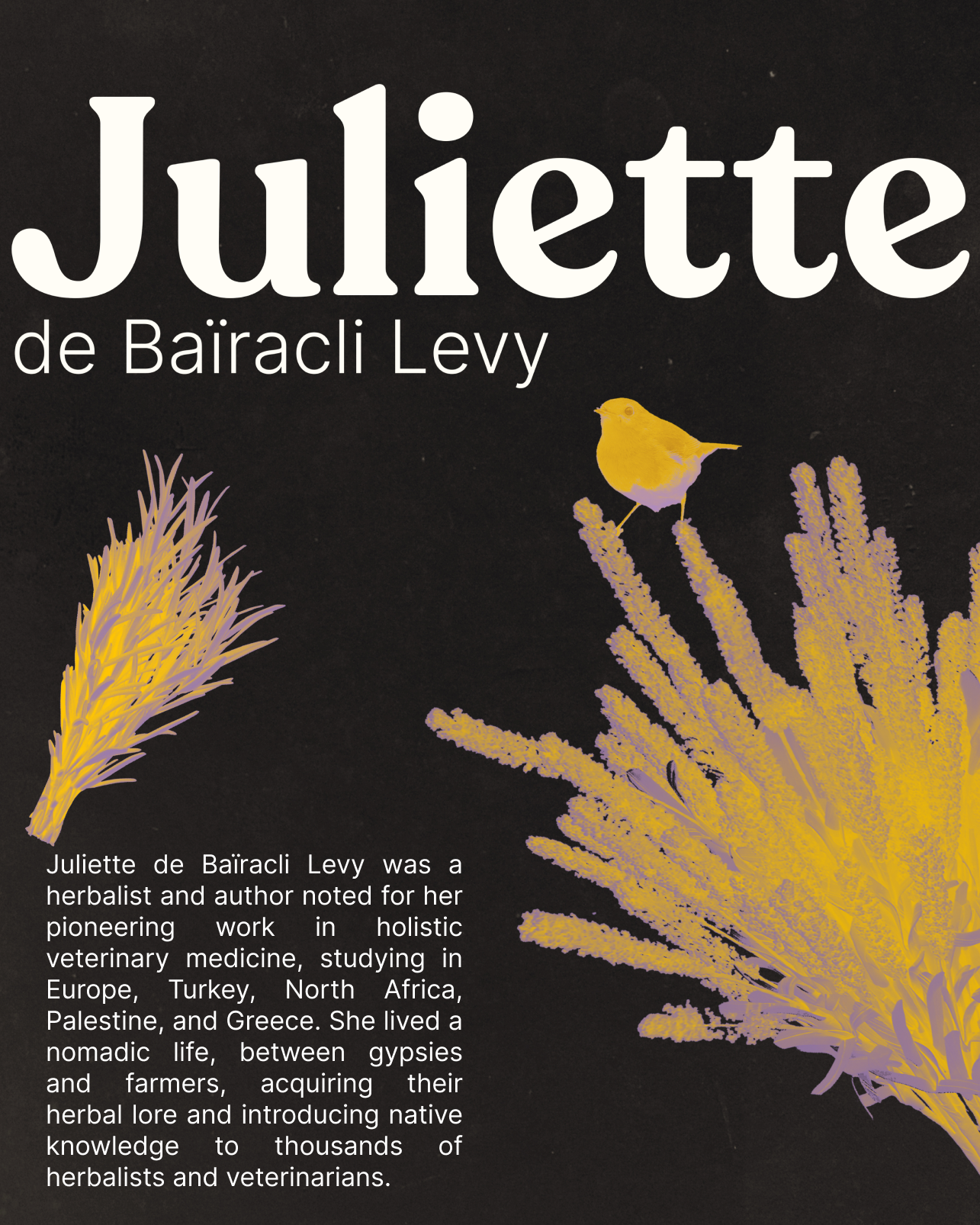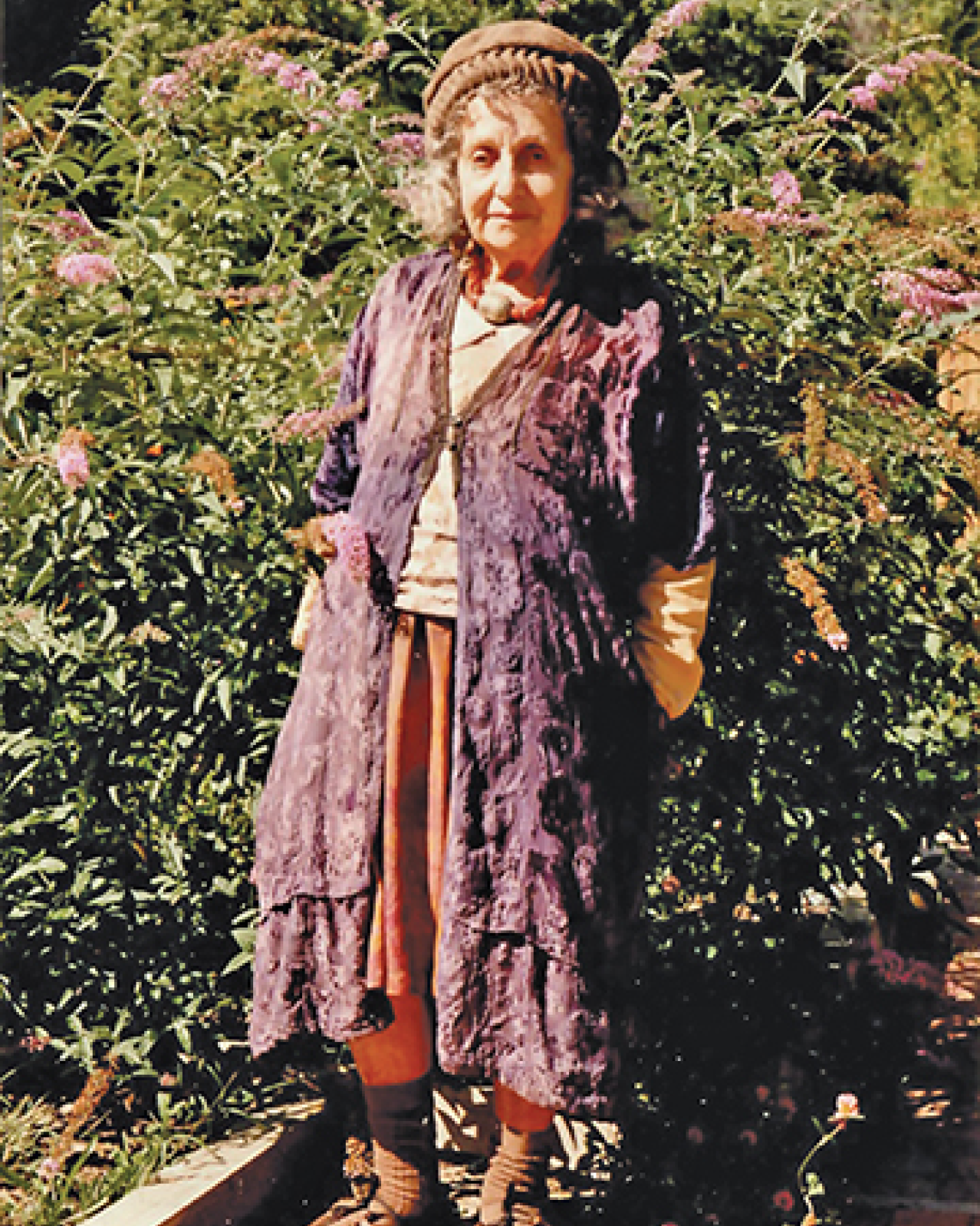The Women at The Fringes Who Make our World
March 8 was International Women’s Day! In the week that followed, we showcased women who have inspired and deeply influenced our worldview on our social media. Each of these women is an edge-walker and pioneer in their field, who deeply challenged the status quo and entrenched gender norms.
Marija Gimbutas
Marija Gimbutas is known as a controversial Lithuanian-American archaeologist and a pioneer of interdisciplinary research. She created a new field of study, described as archaeomythology. Her most revolutionary theory was that of Old Europe, according to which in the Neolithic times a peaceful, egalitarian, matristic civilization existed here for over three thousand years. It was founded on a paradigm radically different from the patriarchal one, which was based on hierarchical structures of dominance, subsequently imposed by the Indo-Europeans.
Rasa Navickaitė — a gender historian with research interests in marginalized sexualities and gender identities, history of Eastern Europe from a transnational perspective, feminist and queer theory, and postcolonial theory — writes about Marija Gimbutas:
“Marija Gimbutas made an impressive scholarly career and achieved fame
beyond academia. However, in the last decades of her life, Gimbutas’ scholarly authority was subject to much debate. Gimbutas’ work on the civilization of Old Europe, starting with her monograph The Gods and Goddesses in 1974, was puzzling to many of her archaeologist colleagues, as it did not seem to follow the established norms of the discipline.
In “The Gods and Goddesses” and her later works, Gimbutas told a coherent story about the social and spiritual structure of prehistoric Old Europe as a matristic, peaceful, and egalitarian civilization. Her ideas were very much the contrary of the androcentric narratives of (pre)history pervasive in archaeology at the time. Gimbutas was criticized by other archaeologists for promoting a view of prehistory based on ideology and fantasy, advocating ideas that contradict “common sense,” and lacking scholarly rigor in her analysis. In the late 1980s and the 1990s, there appeared so much criticism of her work and *ad hominem* attacks that the feminist spirituality movement interpreted it as an “orchestrated” attempt to destroy Gimbutas’ academic reputation. The ideas about the prehistoric Goddess religion faced a strong backlash from the academic establishment, argued the feminist theologian Carol P. Christ, because they posed a dangerous threat to the underlying logic of “patriarchal Western hegemony”
Marija’s legacy lives on, rooted in alternative historical narratives, creating the crack in the paradigm of humans as war-thirsty species.
Resources
Marija Gimbutas: Transnational Biography, Feminist Reception, and the Controversy of Goddess Archaeology by Rasa Navickaitė, from “New Archaeology, Old Europe, and the Feminist Science Debates” Click here
"The Goddesses and Gods of Old Europe, 6500-3500 BC: Myths and Cult Images" by Marija Gimbutas and Linda Mount-Williams
Documentary “Signs Out Of Time—The Story of Archaeologist Marija Gimbutas”
Lynn Margulis
Lynn Margulis (1938-2011) was a trailblazing American biologist, renowned for her groundbreaking contributions to the field of evolutionary biology. Born in Chicago, Margulis earned her Ph.D. from the University of California, Berkeley, and went on to challenge prevailing scientific paradigms with her revolutionary ideas.
Margulis is best known for her theory of symbiogenesis, which proposed that eukaryotic cells, the building blocks of complex life forms, originated from the symbiotic merger of simpler prokaryotic cells. This idea, initially met with skepticism, later gained widespread acceptance and fundamentally changed our understanding of the evolution of life.
Perhaps her most controversial work was the Gaia hypothesis, developed in collaboration with James Lovelock. This theory suggests that the Earth functions as a self-regulating, living system, where living organisms and their environment co-evolve to maintain optimal conditions for life. While initially met with resistance, the Gaia hypothesis has sparked intriguing discussions about the interconnectedness of life on Earth.
Throughout her career, Margulis received numerous accolades, including the National Medal of Science in 1999. Despite facing resistance and controversy, Lynn Margulis left an indelible mark on the scientific community, challenging conventional wisdom and inspiring future generations to think boldly about the mysteries of life.
Resources
1. Documentary “Symbiotic World”, on Vimeo
2. Gaia and Philosophy, by Lynn Margulis, Dorion Sagan, Anicka Yi
3. "Symbiotic Planet: A New Look at Evolution" by Lynn Margulis.
Juliette de Baïracli Levy
“Juliette de Bairacli Levy (1912-2009) was a pioneer of holistic animal health, a prolific writer, and a proud Gypsy, a term she considered to mean person of the earth. Deemed one of the grandmothers of contemporary herbalism, de Bairacli Levy’s life, practices, and legacy of teachings fully embody the natural rhythms of the earth and all its inhabitants, with special nods to animals and young children.
Worldly in her perspective and global in her sphere of influence, de Bairacli Levy’s spirit flourishes today through her 14 books, approaches to “natural rearing” of pets, and diverse body of work promoting earth-based approaches to everyday challenges.
Born to an Egyptian mother and a Turkish father of Jewish heritage in Manchester, England, de Bairacli Levy was raised in a considerably wealthy family. She attended some of the best schools in England, eventually settling on veterinary programs at the University of Manchester and the University of Liverpool. Her time studying veterinary medicine was short-lived as she found her values of natural health and kindness to all living beings in fundamental opposition to those of the universities, and would not take part in the cruel animal research.
Here, de Bairacli Levy’s herbal journey took one of many unexpected turns. Her parallel distaste for conventional treatment and ethical concerns around experimental veterinary research combined with her love for all animals and living things took her from the structure of the classroom to the fields, countrysides, and hills of England, France, Spain, Turkey, North Africa, Palestine/Israel, and the US, where she lived among nomads, Gypsies, and farmers.
De Bairacli Levy decided to continue her education in the (literal) field of natural health by living amongst these people because she believed they could teach her their ways of addressing illness in animals and people using herbs and natural preparations. De Bairicli Levy admired the Gypsies’ stamina and energy levels and the robust health and sleek coats of their animals, factors she attributed to their varied diets and natural lifestyles.” — wrote Marlene Adelmann, a herbalist and student of Juliette.
Juliette’s unique approach to animal and human health has inspired hundreds of herbal practitioners and animal lovers across the globe.
Resources
Documentary “Juliette of the Herbs, Juliette de Baïracli Levy”
The Complete Herbal Handbook for the Dog and Cat by Juliette de Baïracli Levy
Common Herbs for Natural Health by Juliette de Baïracli Levy


















